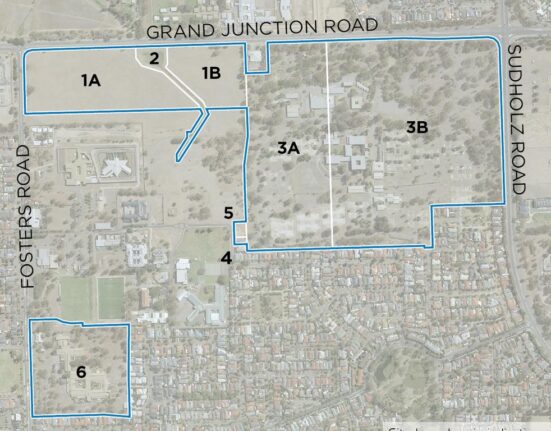The prospect of retirement looms as both an exciting and daunting phase in our lives. We work tirelessly throughout our careers, with the hope of eventually enjoying the fruits of our labor during retirement. However, for many South Africans, this dream can quickly turn into a harsh reality when they realize they have not saved enough to sustain their desired lifestyle post-retirement.
Khwezi Jackson, Client Relationship Manager at 10X Investments, sheds light on a stark truth that plagues numerous individuals reaching retirement age:
“Call it 94% of South Africans who reach that golden age just realize that there’s nothing actually left to retire with.”
Imagine the disappointment of envisioning your sunset years only to face the harsh truth of having minimal savings – perhaps as little as R100,000 – to support yourself for potentially decades ahead.
As Simon Brown rightly points out, transitioning into retirement does come with some cost reductions. With decreased tax expenses and no need for saving towards retirement anymore, your financial requirements may indeed diminish compared to your working years. Khwezi Jackson suggests aiming for around
“60% to 75% of your last salary”
in retirement income. This reduction should ideally align with lowered expenses due to children becoming financially independent and major debts being settled.
Debt plays a crucial role in shaping one’s retirement readiness. Khwezi emphasizes the significance of entering retirement without substantial debt burdens:
“But sometimes [with] money…the R3 000 you were paying off monthly sometimes just disappears into the budget.”
Clearing debts like mortgages before retiring can significantly impact your financial stability during this phase.
Moreover, downsizing housing post-retirement could unlock additional funds. Selling a larger home once children have moved out and opting for something smaller can inject cash into your retirement nest egg. Taking ownership of your financial future is paramount; as Khwezi advocates, employees must actively engage with their provident funds instead of merely relying on company contributions.
It’s essential not just to assume your provident fund will suffice but to take charge by evaluating its performance regularly. Khwezi urges workers at all levels to proactively manage their retirement savings:
“We need to be asking what fees we are paying…are we being overcharged?”
By running simple calculations using resources like online retirement calculators and ensuring adequate contribution percentages (ideally around 15%), individuals can steer their finances towards a more secure future.
The advent of the Two-pot system presents new challenges regarding dipping into savings prematurely. Khwezi warns against treating one’s savings pot as an emergency fund:
“If every year I’m treating my savings pot as a bank account – I’m simply putting money in and withdrawing…”
Such actions erode long-term wealth accumulation and jeopardize one’s ability to maintain desired post-retirement income levels.
In conclusion, early engagement with retirement planning is paramount for ensuring financial well-being in later years. By taking proactive steps such as managing debt, optimizing contributions, and refraining from impulsive withdrawals from savings accounts, individuals can pave the way for a more secure and comfortable retirement chapter in their lives.









Leave feedback about this